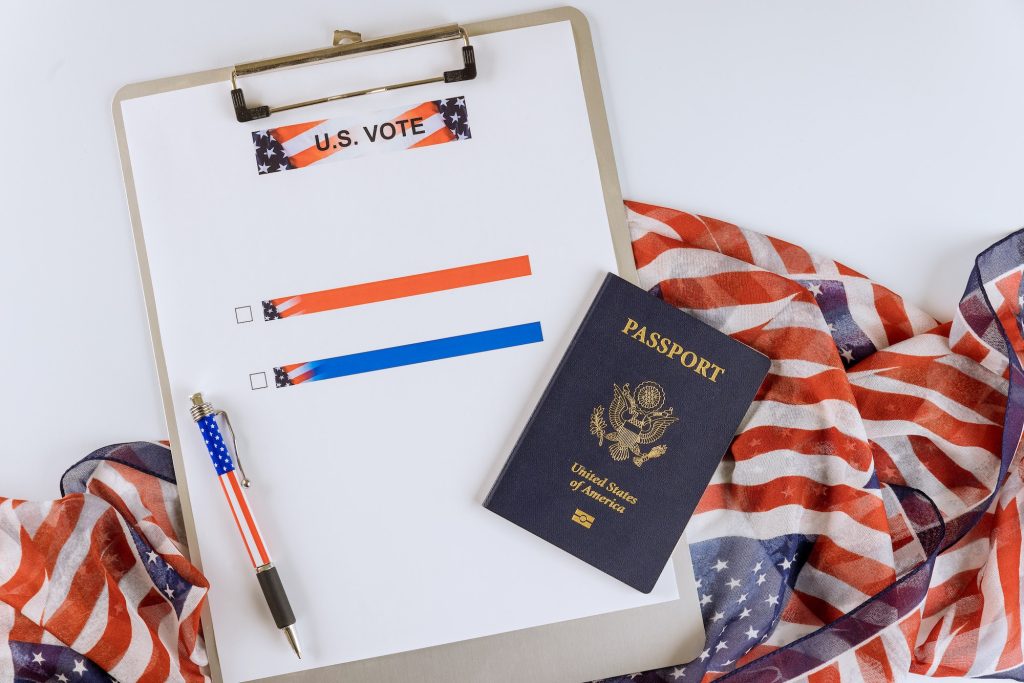
The world has undergone a significant transformation in the past few decades, with technological advancements playing a crucial role in shaping how we interact. Diplomacy, the art of conducting negotiations between nations, has also been impacted by these technological advancements. Technology has revolutionized diplomacy in many ways, making it more efficient and effective.
One of the most significant impacts of technology on diplomacy is that it has made communication faster and more accessible. In the past, diplomats had to rely on letters or telegrams to communicate with their counterparts in other countries. This process could have been faster and often led to misunderstandings due to language barriers or misinterpretations. However, with the advent of email, video conferencing, and social media platforms like Twitter and Facebook, communication between diplomats has become almost instantaneous.
Another way in which technology has impacted diplomacy is through data analysis. With advanced software tools available today, diplomats can analyze vast amounts of data quickly and efficiently. This allows them to make informed decisions based on real-time information about political events around the world.
Technology has also made it easier for diplomats to gather intelligence about other countries. With satellite imagery and other surveillance technologies, diplomats can monitor activities within another country without being physically there. This makes it easier for them to understand what is happening within a country and make informed decisions about how best to approach negotiations.
Furthermore, technology has allowed diplomatic missions to be conducted remotely. For example, during the COVID-19 pandemic, when travel restrictions were imposed worldwide, diplomacy continued through virtual meetings over video conferencing platforms such as Zoom or Skype.
However, while technological advancements have brought many benefits for diplomacy, they have also presented new challenges that need addressing urgently. One such challenge is cybersecurity threats posed by hackers who seek confidential information from diplomatic missions or governments’ databases.
Another challenge of technological advancements is how they impact traditional diplomatic practices. For example, social media platforms like Twitter and Facebook have made it easier for diplomats to communicate with the public directly. However, this also means they must be more careful about what they say or do online, as their actions can have far-reaching consequences.
Technological advancements have had a significant impact on diplomacy. They have made communication faster and more accessible, allowed for data analysis and intelligence gathering remotely, and enabled diplomatic missions to continue during crises such as pandemics. However, these advancements also present new challenges that need addressing urgently, such as cybersecurity threats and how they impact traditional diplomatic practices. Therefore, diplomats must continue to adapt to these changes while ensuring that they maintain their integrity and professionalism in their work.
